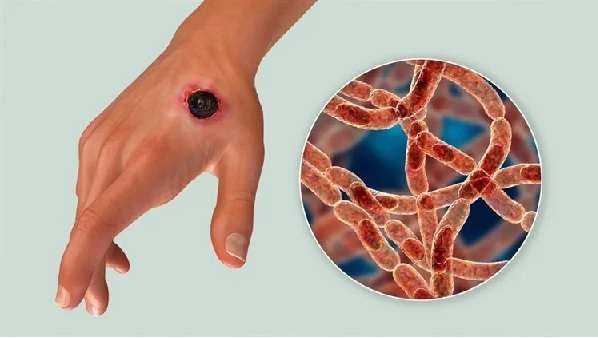
The Nigerian government through the Federal Ministry of Agriculture and Rural Development (FMARD) has confirmed the first case of Anthrax disease.
FMARD in an official statement on Monday disclosed that the case occurred on a farm in Suleja, Niger State.
It was stated that animals showing signs of a possible case of anthrax on a farm in Suleja, Niger State, were reported to the Office of the Chief Veterinary Officer (CVO) of Nigeria, Dr Columba T. Vakuru on 14 July, 2023.
Subsequently, a Rapid Response Team comprising federal and state health professionals was deployed to the farm to conduct preliminary investigations while they also collected samples from the sick animals.
According to the statement:“The case was in a multi-specie animal farm comprising of cattle, sheep and goats located at Gajiri, along Abuja-Kaduna express way Suleja LGA Niger State, where some of the animals had symptoms including oozing of blood from their body openings – anus, nose, eyes and ears.”
“Subsequent laboratory tests by the National Veterinary Research Institute laboratory confirmed the diagnosis, marking the first recorded case of Anthrax in Nigeria in recent years”.
Dr Ernest Afolabi Umakhihe, FMARD permanent secretary, noted that Anthrax which has claimed many lives, is a bacterial disease that affects both animals and man which in turn makes it zoonotic.
He furtther described Anthrax as a severe bacterial disease that affects humans and animals, including wild animals and livestock such as cows, pigs, camels, sheep, goats.
According to him, people can get infected with Anthrax spores if they come in contact with infected animals or contaminated animal products.
“Signs of anthrax are flu-like symptoms such as cough, fever, muscle aches and if not diagnosed and treated early, lead to pneumonia, severe lung problems, difficulty in breathing, shock and death,” he added.











[…] post Nigeria Records First Case of Anthrax appeared first on […]